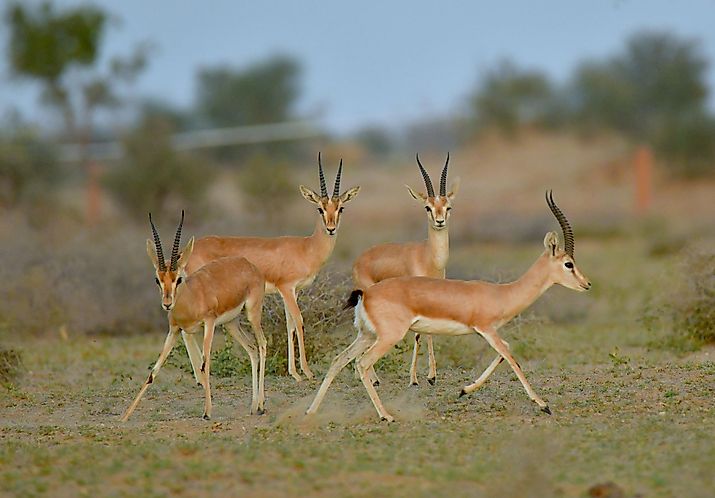Science & Nature
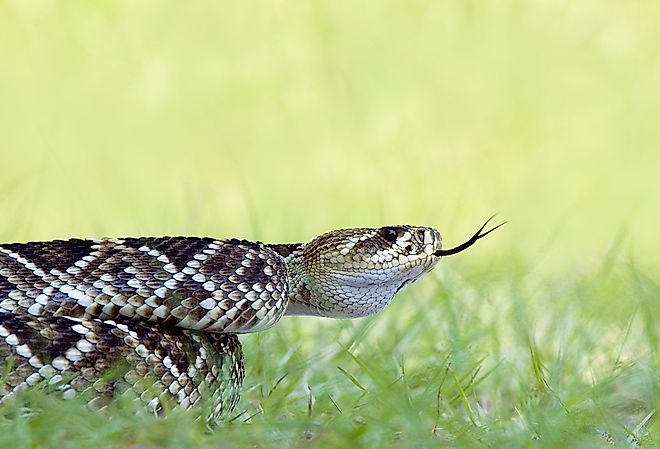
Deadliest Snake In The United States
Most noticeably, the United States is home to a variety of snakes. The deadliest snake in the US being the Eastern Diamondback rattlesnake.
Which State Has More Venomous Snakes: California Or Nevada?
California and Nevada are both known for their dry, arid climates and vast expanses of desert, which are the perfect habitat for a large number of snakes.

The Most Abundant Elements In The Earth's Crust
The Earth’s crust is 25 miles, or 40 km deep and is composed of solid rocks and minerals that cooled and solidified when the Earth was young.

8 Best Fall Hikes In Georgia
Enjoy the changing colors, cool weather, and endless leaves abound, in the state of Georgia where hikes feels like an outdoor wonderland.
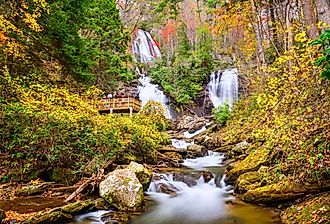
Best Fall Hikes In New Hampshire
New Hampshire is well-known for its enthralling natural landscapes and hiking trails, especially in the fall when the leaves turn yellow, red, and orange.

Best Fall Hikes In Arkansas
If you're planning on taking a road trip to Arkansas to see the fall colors in all of their splendor, set a date for mid-October through November.

Best Fall Hikes In Vermont
Explore five of the best short to moderate-length hikes in Vermont for the most spectacular colors of autumn, with family-friendly and dog-friendly options.
10 Best Hikes In California's Sierra Nevada
California’s Sierra Nevada spans more than 400 miles and is a hiker’s paradise boasting some of North America’s most scenic trails.

8 Best Fall Hikes In Delaware
With its changing leaves and crisp weather, these parks and trails are some of the best for experiencing Delaware's fall foliage
Best Fall Hikes In Michigan
These are some of the best routes, both structured and unstructured, to check off before that notorious Michigan winter sinks its teeth in.
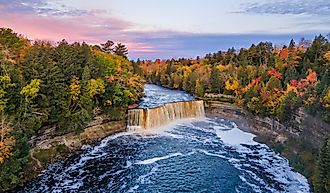

6 Best Fall Hikes In Arizona
From views on the Aspen Nature Loop trail to Bill Williams Mountain, Arizona has some of the most incredible hiking trails to explore in the fall.

7 Best Fall Hikes In Nevada
Discover the 7 best fall hikes in Nevada, focusing on less rocky and challenging terrain, and highlighting the beautiful foliage Nevada experiences.

8 Best Fall Hikes In Montana
Beyond the big cities, Montana is home to many national parks, state parks, and scenic nature areas that are perfect for hiking, especially in fall.
America's Most Natural Disaster-Prone States
Wildfires, hurricanes, and city-swallowing earthquakes, this article explores America's most natural disaster-prone states.
Which Countries Have The Most Natural Disasters?
Although natural disasters can occur anywhere in the world, these countries score high among countries with the most natural disasters.
Best Fall Hikes In Texas
These seven locations hold some of the best natural wonders of Texas, completely changing their look during the fall season.
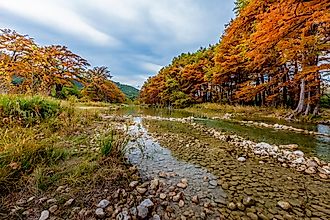
Best Fall Hikes In Minnesota
Minnesota's boreal forest, covering over 2 million acres in the northern portion of the state, is made for scenic fall hikes.
Best Fall Hikes In Pennsylvania
Hike these colorful trails and explore the hidden treasures; from striking overlooks to delicate waterfalls, these are some of Pennsylvania's best fall hikes.
Best Fall Hikes In New York
As the air starts to cool and the leaves turn, veer away from the paved park paths this fall and hike some of these spectacular New York landscapes instead.
12 Best Hikes in Pennsylvania
Pennsylvania's hiking trails are more than just picturesque paths; they are gateways to a tapestry of landscapes that unfold in real-time.

Animals Native To Alabama
Alabama has many native species due to its warm, moist climate and diverse topography, ranging from the Cumberland Plateau to the Coastal Plain.

The Most Snake Infested Lakes In California
According to the California Department of Fish and Wildlife, there are nearly 50 species of native snakes, plus there are a good number of invasive serpents.

11 Best Hikes In Michigan
Michigan, with its unspoiled forests, pretty beaches, and craggy coastlines, especially around Lake Huron, is still a hiker’s dream.
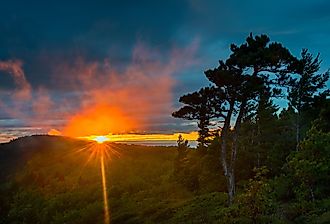
9 Best Hikes In Montana
Trekking through this majestic world is the best way to experience its many natural wonders first-hand. Check out some of the best hikes in Montana.

11 Best Hikes In The Ozarks
Lace up your hiking boots, lather on bug repellant, and grab your water bottle as we visit the best hikes in the Ozarks.

One In A Billion Moments In Nature
There is a wealth of incredibly rare, breathtaking phenomena, sentient life and dynamic ecosystems found on this planet.
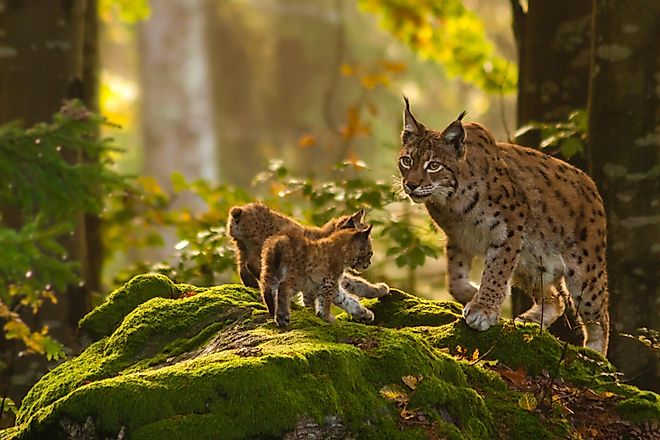
Discover The Lynx
Lynx is both the scientific and the common name for the curious-looking, medium-sized, solitary wild cat that prowls across the Northern Hemisphere.
Animals Native To South Carolina
South Carolina is a hub for wildlife, including a rich diversity of reptiles and birds, as well as crustaceans and insect life.
10 Interesting Facts About Honey Bees
Sporting a black and yellow striped body, four wings, antennae, and a stinger, these creatures are far from threatening but actually help our planet thrive.
11 Best Hikes In Florida
From the world-famous Everglades National Park to the obscure Devil’s Millhopper Geological State Park, Florida’s hikes will take you through spectacular nature.

11 Best Hikes In Texas
They say everything is bigger in Texas, and these 11 big hikes with even bigger views will not disappoint! There are hikes for everyone in Texas!

Animals Native to Florida
From the elusive manatee to the majestic Florida Panther, learn more about some of the species native to the state of Florida!

Stars Can Eat Their Planets: How and Why It Happens
Learn how stars can eat their planets in different ways and what are the consequences and implications of these cosmic events.

The Largest Bats In The World
Each of these largest bats in the world has a wingspan over a foot long, reaching up to over five feet. Learn more about them here.


